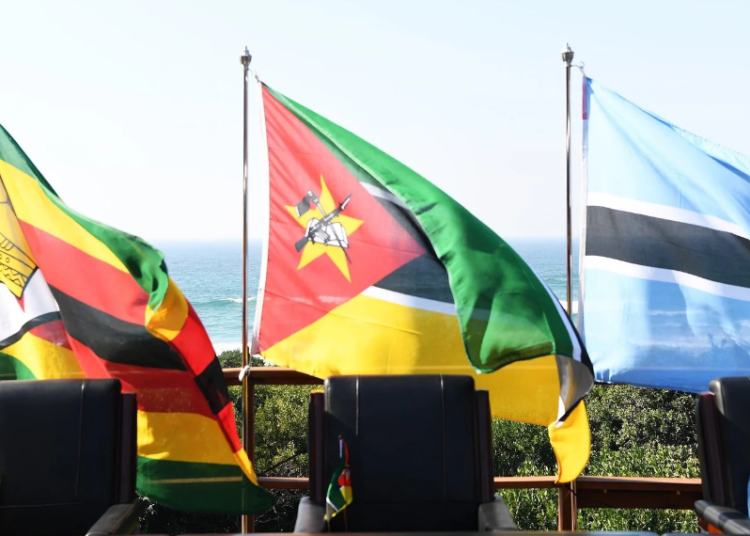Mozambique, Zimbabwe and Botswana have collaborated to upgrade a railway line linking the three countries coupled with building a new port in order to among other things move coal from Botswana to Mozambique for export.
The proposed port at Techobanine on Mozambique’s Indian Ocean coast and the 1,700km new line to Botswana through Zimbabwe will not only boost economies of the three countries but entrench regional integration.
This comes at a time when Botswana and South Africa are seeking funding for the development of Mmamabula-Lephalale rail link which will run for 113 kilometers and have a 24 million-tonne capacity per year.
The line provides a direct link between the local coal fields and Lephalale’s existing railway network and subsequently access to South African ports such as Durban, Richard’s Bay which are suitable for handling coal.
Currently Botswana’s coal exports go through South African ports as well as Namibia’s Walvis Bay.A land locked country, Botswana has huge coal reserves estimated at around 212 billion tonnes of coal reserves.
Mozambican President Filipe Nyusi highlighted the strategic importance of leveraging Mozambique’s logistics corridors during President Mokgweetsi Masisi’s visit last week. “Botswana as a country can help exploit Mozambique’s main logistics corridors. We are very focused on the area of rail and road transport, but also on the full exploitation of the ports of Mozambique, since we see the need for traffic to and from Botswana in the long term. Botswana could use Mozambican ports for its imports and exports,” Nyusi stated.
The African Development Bank has pledged $4 million to finance a feasibility study for the railway and port project, which is estimated to cost $1.5 billion. However, securing funding for new coal projects has become increasingly challenging as financial institutions move away from fossil fuel investments.
The new port will have an annual capacity to transport three million tonnes of fuel and 16 million tonnes of coal. With South African ports becoming increasingly congested, Mozambique is seen as a viable alternative.
At the recent summit, President Masisi emphasized the mutual benefits of the collaboration, stating, “Both countries have a lot to offer to each other. We are committed to sharing our knowledge in matters of defence and security, and agriculture, among others, using your facilities for oil and gas.”
The summit also saw the signing of several agreements across various sectors, including security, agriculture, livestock and food security, trade, industry, investment, and bilateral road transport for passengers and goods.
Trade between Mozambique and Botswana has seen remarkable growth, reaching €53.2 million in 2023, up from €7.3 million in 2021, driven by increased exports of electricity, aluminium cables and wires, and pasta. However, Botswana’s exports to Mozambique remain relatively low, totaling €650,000 in 2023, highlighting the potential for further economic cooperation between the two countries.






























































